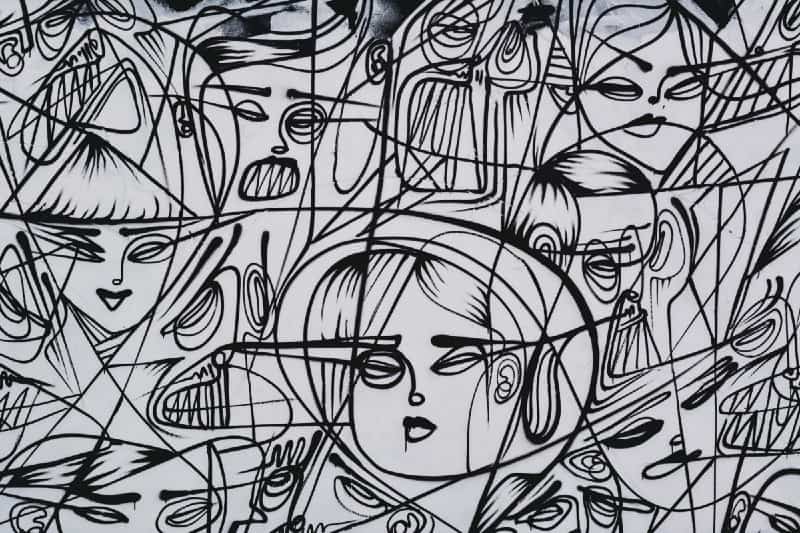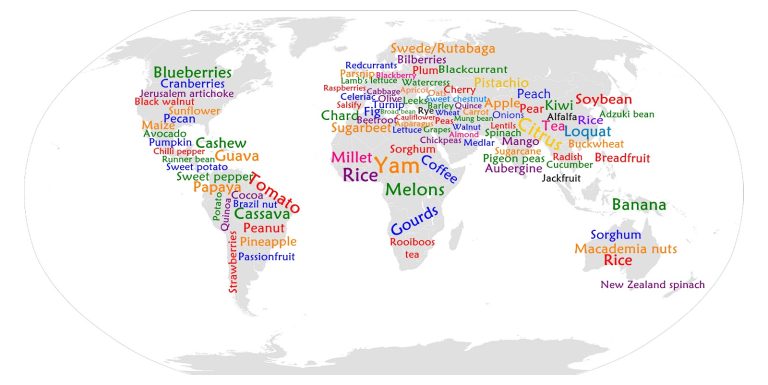Integrity dynamics and identity
“In order to find originality, they got stuck in their identity”.

It’s not quite often we see those who dive into self-exploration tell things exactly like they are. It’s really something sometimes wordless that gets us to imagine how things could be, which often is not only not rooted in reality or in any way shape or form, something that could happen either right away or in an easy manner.
We speak a lot about finding freedom, but I keep reminding myself that “even the bird is stuck between land and the sky” and most often than not, we’d like to transcend those barriers. The question than poses as to: Where to go, what to do, and how to do that?
We don’t tell others how our self-exploration musings happen because most often than not, we appear totally insane. That’s why most people don’t bother looking for themselves, fear of insanity.
For those of us who have acted insane, or have our own insanity certificates of accomplishment, the fear tenfolds. It’s not a place we want to go again. To get lost in one’s identity is possibly a way in which we can lose some balance in this whole vision board life of accomplishments and things to post on facebook for our friends and family.
So, in order to root myself in some sort of coherent process of realizing myself worthful in way that is rooted in reality, I designed this map, the Circle of Integrity.

So the act of being integral, or embodying integrity, comes with a notion of some sort of personal ethics and ethos that implies that we are, in fact, trying to get somewhere on our journeys. That in the midst of our actions and innactions, we are rooted in deep values and deep notions of what it means to be whole.
Integrity as a value is, or was, so important in our society, that when someone shows signs of not having integrity — we know for sure this person isn’t to be trusted. So, in order to feel better about my past mistakes and to feel whole within myself in this society, I started a quest of becoming someone with the utmost integrity.
It feels like the Hero’s Journey transcended itself into a plot my life took in order to find comfort in an idea of quasi-perfection, to which at one point, I had to decide wether it was something achievable or not, or rather yet — was it worth all the pain and suffering?
The layers in which this socially constructed idea of self was built, are so engrained in things that sometimes I have a difficult time having a recollection of that I need to find my center of bliss. The center of bliss, I’ve come to realize, is my own notion of self, identity — what keeps me here, what helps me transcends patterns, what makes me “me”. Something completely unique, original and totally and absolutely, intransposable or able to be substituted.
We can dive a bit deeper into what exactly is a personality, but more than so, I keep coming across the sentence that despite it all, “we are not our behaviors”. Which doesn’t mean we can’t take responsibility for them, and change our behaviors to be better and do better, but in all fairness, we cannot attribute them to our identity.
That’s why integrity dynamics are so important. Because they help clear up in social way, that somehow we take our identity as the most important aspects about ourselves, and that somehow we are seen as valuable beings instead of things to be used and discarted.
So, when Oscar Wilde said “Be yourself, everyone else is taken”, he truly meant it. It’s quite appalling to see others stuck in roles and identities that do not belong to them — the craze of looking like Jesus from white able young western men has gone way too far, the idea that somehow one can transcend creation (my precise thoughts on this: Where would you go, dear, exactly?) and be even more important than the most important is so rooted in patriarchy and in the devaluing of the good… but moving on.
It’s somehow quite exquisit to understand that in the long run, we all would like to achieve something immeasurable: self importance and worth.
We’d love to feel our unique selves values by a society of post-consumerism into contemporary authenticity. But it’s also something we most fear.
Most often than not, friends and family point out our mistakes as deeper than our qualities, which makes us believe our true selves lay in this dormant idea that we all really suck. Which is not true at all. The most valuable aspect of social existence is that we are all actually pretty great underneath. The most of our values lies in community support and neighbourly actions. Seldom are those who enjoy extreme aloneness, I’ve yet to meet the extreme few.
And in this communal idea of a self which is integrated into a society of sorts, that we build communities and families, and we find love and connection, safety and support.
Those who do not put their integrity first, and are easily corrupted, may fall short of understanding their identities as something like it is: untouchable, unbreakable, eternal. But to find themselves stuck in the idea that their identities are not more than a quasi-part of everyone else’s.
The grass can be greener on the other side, but it also can be full of pesticides.
A behavior is not something you are, is something you do out of the influence of emotions, thoughts, perceived reality, trauma, inflicted harm, or in any other way, an idea on how things should be in the future. And somehow, we adopt these behaviors as children we must parent and nurture and in a deeper sense, watch grow or go away. Sometimes we think “yes, that’s me” when we see something in others that we can identify as something we’d own. And ownership of behaviors is intrinsically complicated: how do you own your behaviors, if you’re not sure about who you are? When you are sure, all your behaviors actually change and you kind of realize that somehow, we can’t act on behaviorism much as we act in a supermarket, we need to take control over what we do, in order to be integral with who we are.
And that’s why sometimes, it’s not worth the pain and suffering. Because by borrowing behaviors that do not fit our identities, we do not feel like ourselves the slightest. We are not authentic — we are buying into the idea that in a certain way, we don’t matter. And that, friends, is lack of integrity.
In the great tapestry of society, which we call “the system”, we are exclusive pieces of different importances. There is, whether we like it or not, an idea that we need to accept or condone everything that happens, but without ethos, ethics, a deep sense of moral ground in which a foundation is laid by behavior, action and identity — we cannot perceive our opinions as facts, ever.
Wether we all agree to be in mutual misunderstanding, or we agree to help each other understand. And that takes a life time of kindness, compassion and integral behaviors.
We do make mistakes, it’s human to do so in order to learn. But there is also other types of life pedagogy, which can be rooted in collaboration, support and understanding the deep values that hold this society together.
If we proclaim our behaviors as enemies of a society which we condone without understanding, we are just placing our behaviors as enemies of ourselves. We are part of it, wether we like it, accept it, love it, or not.
To be whole, one must go through the journey of feeling less-than. Of a deep comparison between others and the identity-center-of-bliss. It’s in the center of bliss that we find peace, calm and true honesty with ourselves. We feel something wordless, inexplainable, that we can only deem as deeply personal. And personal can be linked to personality, in a gift-economy-based type of behaviorism.
“Can I lend your behavior?”, “Wait there, a minute pal, I’m not done being this!”
So in this embodying type of life we go living and criticizing, we need to find wholeness somewhere inside. We won’t find the answers on YouTube binges, or Netflix and popcorn sessions with Friends on. We do however find it in the details of life: how a smile of a stranger helped us go through a difficult period, how a sentence someone said was like a dagger to our fragile sense of belonging, how someone’s hatred deeply messed with our sense of security, how our own behaviors made us realize we just want to be better — even if there is no knowledge on how to move forward with that.
There needs to be deep forgiveness in integrity — others aren’t their behaviors as well.
Life lesson for us all, isn’t it? And it can… and for most, it will… take our whole lives.
Cheers, life is genuinely good.



